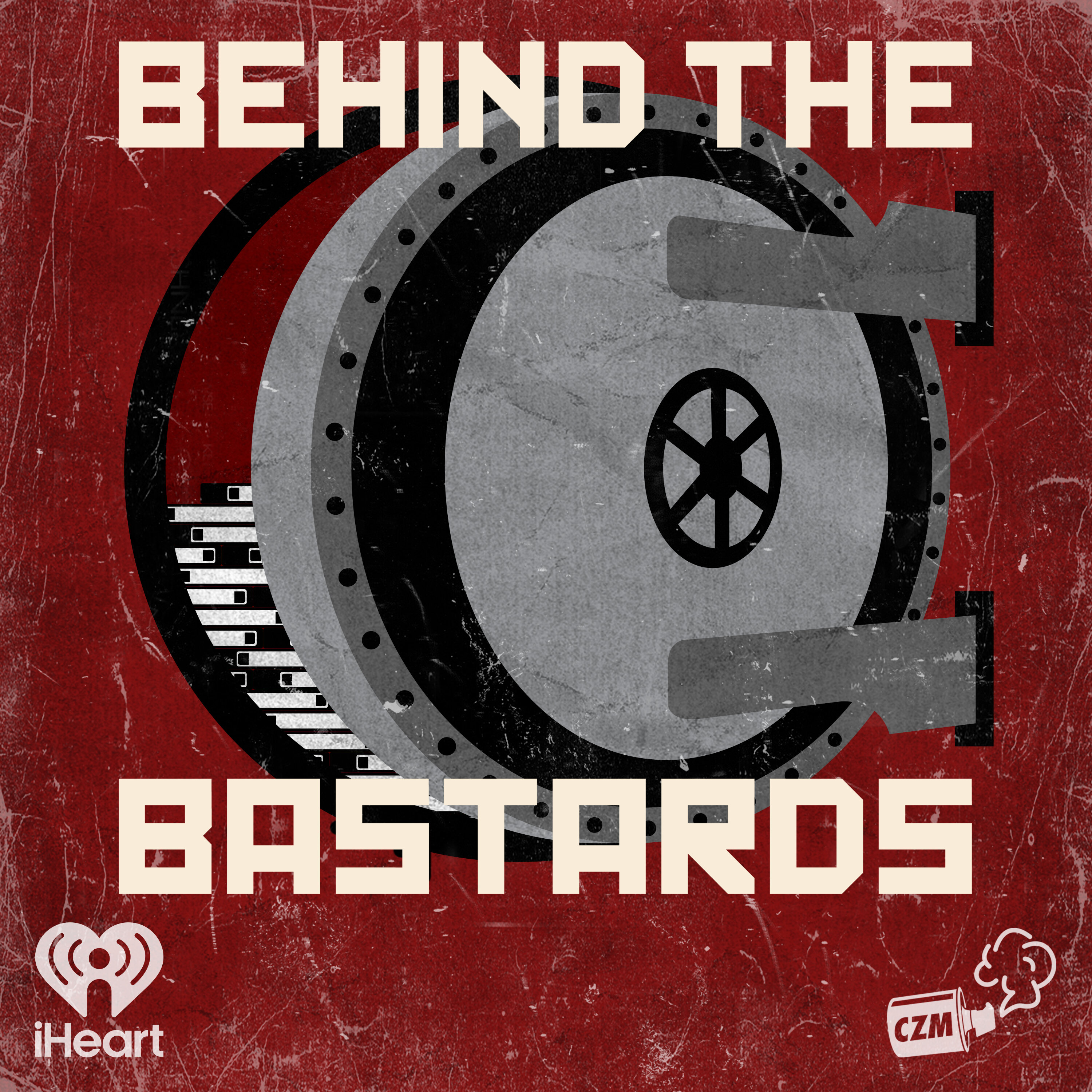Chapter
Clips
Zhang's system of state violence is revealed as a petty dictator's setup, where the banking system is run by a guy with guns and clean water is sprinkled on roads.
1:05:39 - 1:09:13 (03:34)
Summary
Zhang's system of state violence is revealed as a petty dictator's setup, where the banking system is run by a guy with guns and clean water is sprinkled on roads. This sets him up several tiers above the rest of the warlords who print their own money using stamps as currency.
ChapterBanks in Shandong
EpisodePart One: The Well Hung Warlord Who Tried to Conquer China
PodcastBehind the Bastards
The speaker discusses the impressive success of a woman in the banking industry in China who was able to bankrupt several long-standing banks due to her success with loan-taking.
1:09:13 - 1:09:45 (00:32)
Summary
The speaker discusses the impressive success of a woman in the banking industry in China who was able to bankrupt several long-standing banks due to her success with loan-taking.
ChapterBanks in Shandong
EpisodePart One: The Well Hung Warlord Who Tried to Conquer China
PodcastBehind the Bastards
Joseph Stillwell's account of Shandong in 1927 is a famous but problematic source that offers insights into the events that occurred in the region during this period, with his racism and bigotry being a notable issue.
1:09:45 - 1:10:31 (00:45)
Summary
Joseph Stillwell's account of Shandong in 1927 is a famous but problematic source that offers insights into the events that occurred in the region during this period, with his racism and bigotry being a notable issue.
ChapterBanks in Shandong
EpisodePart One: The Well Hung Warlord Who Tried to Conquer China
PodcastBehind the Bastards
In this podcast, the speaker discusses how soybean cakes were used to extract oil for industrial processes and how they contributed to the survival of homeless populations during the war.
1:10:32 - 1:12:02 (01:30)
Summary
In this podcast, the speaker discusses how soybean cakes were used to extract oil for industrial processes and how they contributed to the survival of homeless populations during the war.
